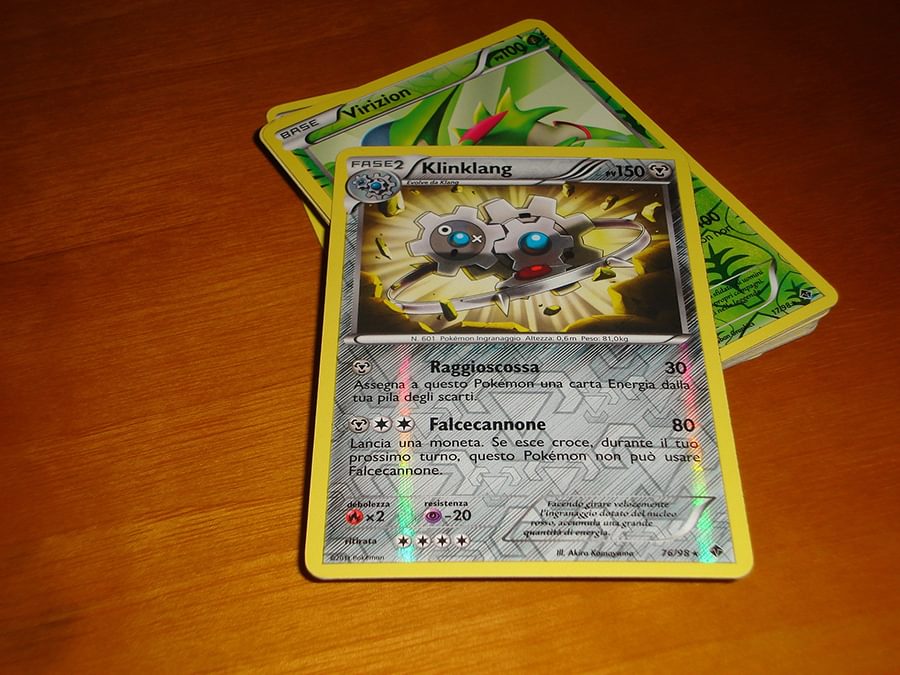Note: This information is from 2021 but much has changed since then. Please be sure to discuss your unique financial situation with your McKinley Carter Advisor or another trusted professional.

When spring cleaning and tackling those cluttered closets and dusty attic, don't be too quick in discarding those old toys and collectibles. Take a minute to consider if that item could have value. Do your research. You may be pleasantly surprised!
Your Spring-Cleaning May Reveal ‘Old Stuff’ with Significant Value
At the risk of sounding like an episode of the Antiques Roadshow on PBS, you (or your children) may have collectibles stashed away in your attic, closet, or basement that are worth a lot of money! (You read that using a colorful TV announcer’s voice, didn’t you?!).
The potential value of “old stuff” bubbled up as a rather urgent topic of conversation recently among my son, my daughter, and her fiancé concerning the increased value of Pokémon cards. “Dad,” they shrieked with excitement, “this one card is worth over $1,000!”
As a financial advisor, my mind immediately went to how Pokémon cards could very well be an illiquid asset in my kids’ portfolios. Alright, if I am being completely honest, my very first thought was actually, “You want me to turn this house upside down in search of these crazy little pieces of cardboard?” But naturally, I didn’t tell them that.
What Is an Illiquid Asset?
Illiquid assets, as discussed in my previous blog American Muscle: A Great Ride, Maybe A Great Portfolio Asset As Well?, can be works of art, collectibles, and even privately held stock. While they all may have significant value, finding a buyer may be a time-consuming process. Thus, they are not assets that you can easily convert into cash.
The definition of illiquidity can be somewhat subjective. However, a good rule-of-thumb is that if an asset would require more than 24-72 hours to convert into cash for fair market value, many investors would consider it illiquid.
So back to Pokémon — or for that matter, Yugioh! (It is like a whole other language, I know!) — back in my day, (sounding like my Uncle Cam), we collected and traded sports cards. They were mainly baseball cards, but we also dabbled in football, basketball and even hockey cards. As kids, we would memorize batting averages and other statistics that we were sure would benefit us in life (much more than algebra or knowing how to diagram a sentence). Just for the record, I still feel this way, and I can hear my teachers gasping in horror at such thoughts!
Anyway, the point is that when you are spring cleaning, tackling those cluttered closets, or even being pulled into a trading card hunting frenzy, and you come across a collectible of some type, take a minute to consider if the item could have value. Consult an expert (your kids, relatives, Dennis the Menace next door, or your favorite search engine) to find out the item’s current value based on its current condition.
Pricing Guides & Resources
To aid in your research, consult Google, Kovels, and even various price guides and appraisal resources. If you stumble upon collectible cards, here’s a few resources that may be of help:
Who knows! You may be pleasantly surprised — and could even be among those lucky people who have discovered “hidden gems” tucked away in a wall or hidden in an attic that might just be worth something.
Best of luck and happy card hunting!
